University of Melbourne’s ‘campus occupiers’ face discipline probe
Pro-Palestinian student activists who occupied parts of the Melbourne University campus in May may escape with a warning as a disciplinary hearing determines their academic future.
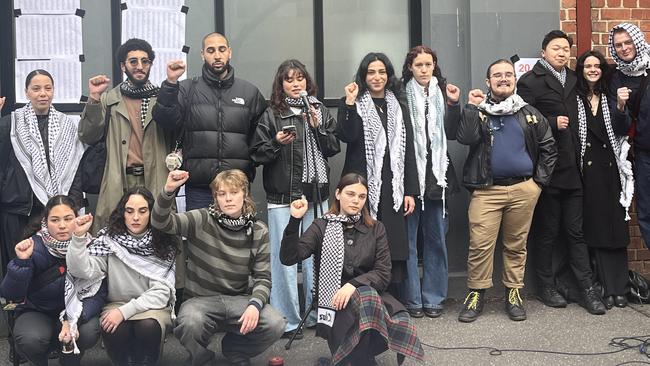
Pro-Palestinian student activists who occupied parts of the Melbourne University campus in May may escape with a warning as a disciplinary hearing determines their academic future.
The misconduct hearings against 21 students began on Wednesday in front of senior university representatives, with possible outcomes including expulsion, suspension or a warning.
The students were notified of the hearing when the university sent them an email informing them they had breached its code of conduct during demonstrations, citing evidence from CCTV footage and Wi-Fi data obtained from the university’s network tracking their movements within the Arts West building during the 10-day sit-in.
Uni Melb for Palestine organiser and Palestinian student Dana Alshaer, who faced a disciplinary panel on Wednesday, said the allegations of misconduct were “baseless” and compared the surveillance techniques used by the university to her upbringing in the West Bank.
“I’ve witnessed the second intifada first-hand, my childhood is the second intifada.
“Watching CCTV cameras, drones flying, control of our communication infrastructure, our internet access,” Ms Alshaer said.
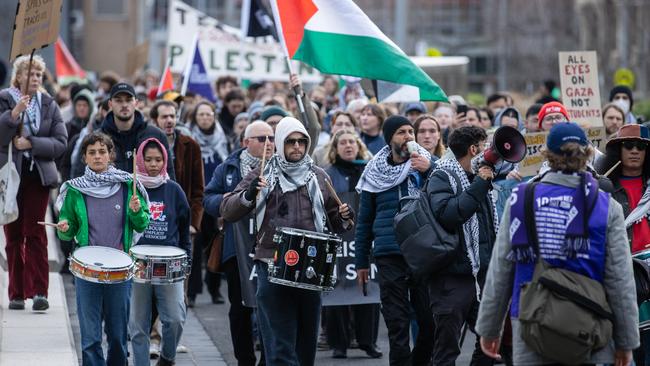
“These are apartheid, genocidal policies that Palestinians experience and live under every single day.
“I have never in my life expected that I will be facing or living under the same apartheid surveillance policies at Melbourne University.”
Victorian Information Commissioner Sean Morrison confirmed his office was making preliminary inquiries with the university over their tracking of students.
The start of the misconduct hearings was met with a fresh protest from about 100 students and staff wearing keffiyehs and waving Palestinian flags, as they rallied in support of those facing disciplinary action.
The pro-Palestinian protesters met at Swanston Street and marched 10 minutes to Barry Street to gather outside the university’s Business Services building. Security guards were at the entrance of the building, with a small police presence monitoring the rally.
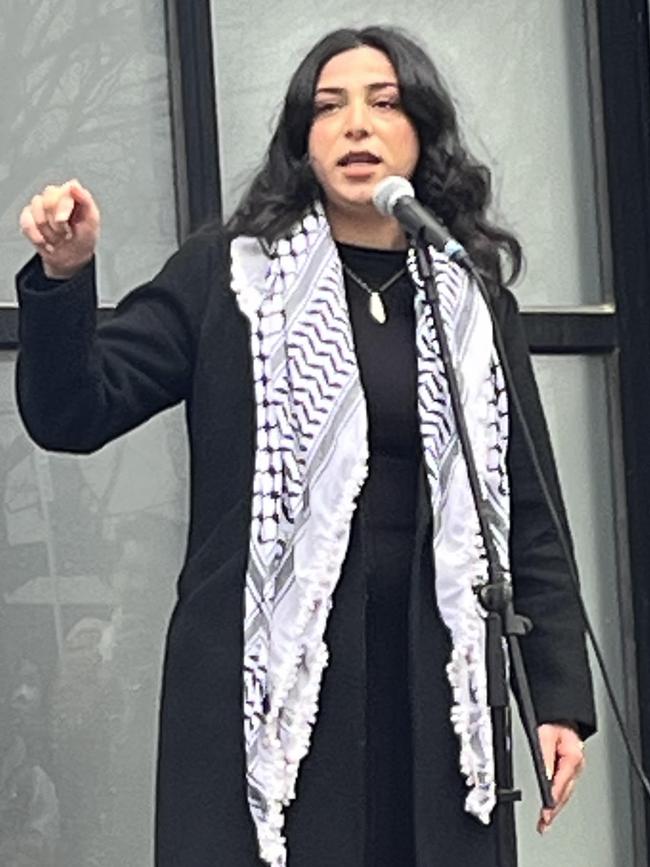
A university spokeswoman would not comment specifically on the misconduct hearings but confirmed the institution was progressing “a range of matters” in relation to student conduct.
“The university is in direct communication with individuals as required in relation to these matters,” she said.
University provost Nicola Phillips said freedom of speech was a foundation to the values of the institution. “We have consistently stated that we recognise the right of students and staff to participate in peaceful protest,” Professor Phillips said.
Ms Alshaer rejected any suggestions of misconduct by herself or fellow students.
“It feels absolutely dystopian that we’re standing here facing baseless, politically motivated misconduct allegations while one of the latest reports are saying that more than 186,000 Palestinians have been killed in the past nine months,” she said.
“We have been witnessing the most unimaginable things, what the worst humanity looks like. And we have been protesting that. Instead of being … appreciated, for standing up for human rights, for dignity, for freedom and for liberation, we are being punished.”
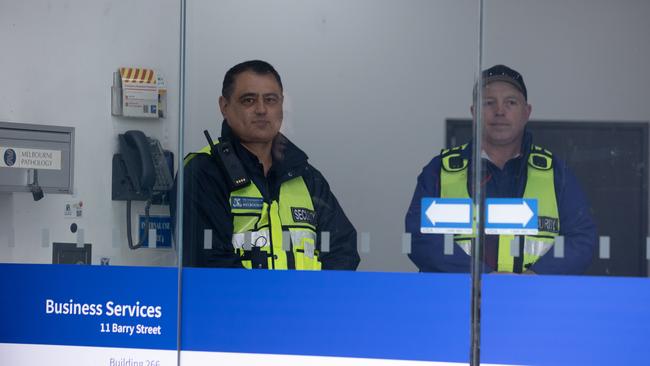
The spokesperson for Uni Melb 4 Palestine also took issue with the heavy security presence at the hearings.
“The anti-Palestinian racism, the Islamophobia, the racism in general is sickening,” she said.
“To bring 12 security guards at least for one student per session per hearing is assuming continuously that we are violent, that we are a threat, that we are less than any other students on campus.”
The misconduct hearings were sparked by the takeover of the Parkville campus building, with the students and staff involved calling for the university to disclose and divest ties with Israeli and weapons manufacturers.
The university’s deputy vice-chancellor, Pip Nicholson, asked the students on day one of the demonstration to “leave in peace” or else the university would be forced to make decisions that would “regrettably and unavoidably escalate the tension”.
A Gaza solidarity encampment was also set up in late April before later being packed up.
Students vacated the Arts West building after the university committed to being more open about its research.




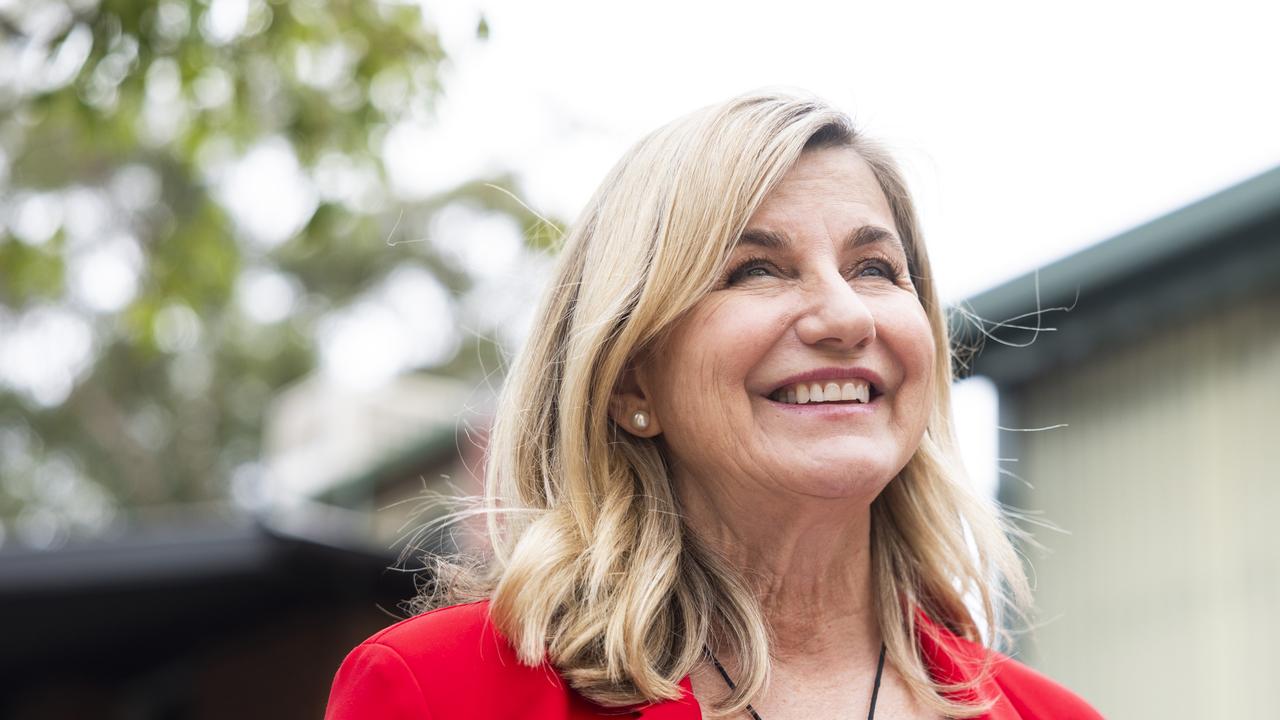
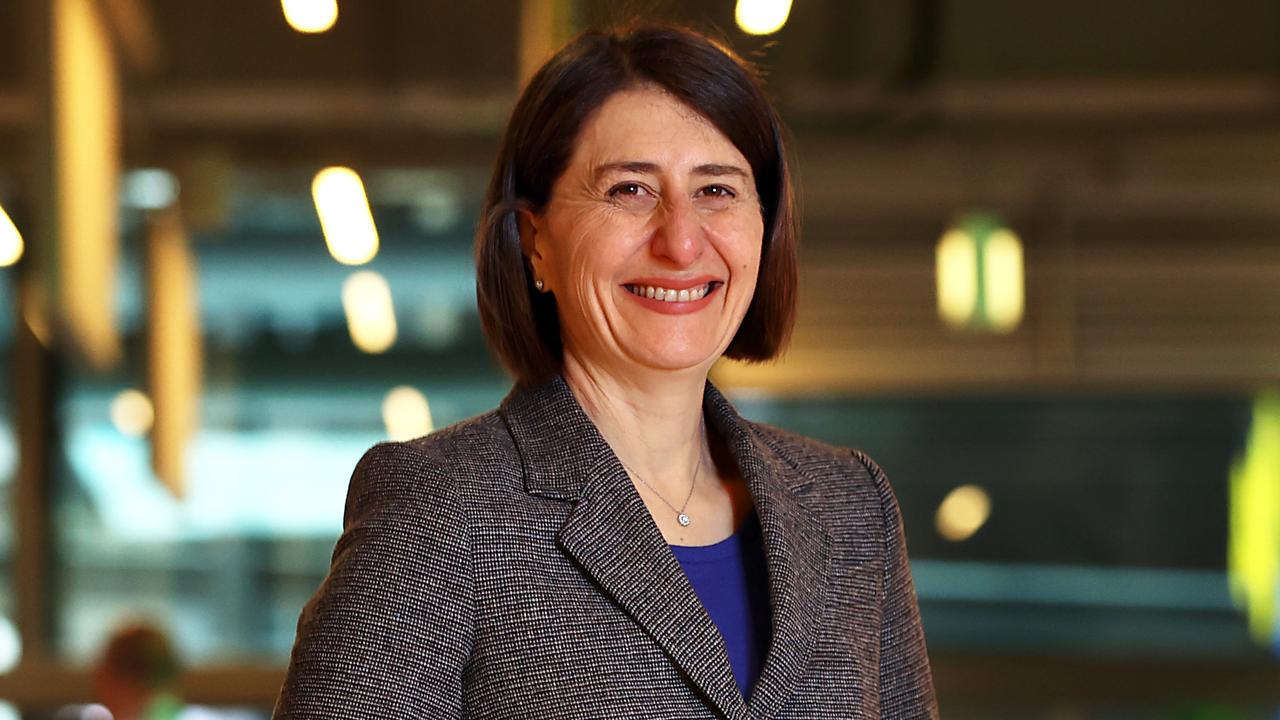
To join the conversation, please log in. Don't have an account? Register
Join the conversation, you are commenting as Logout